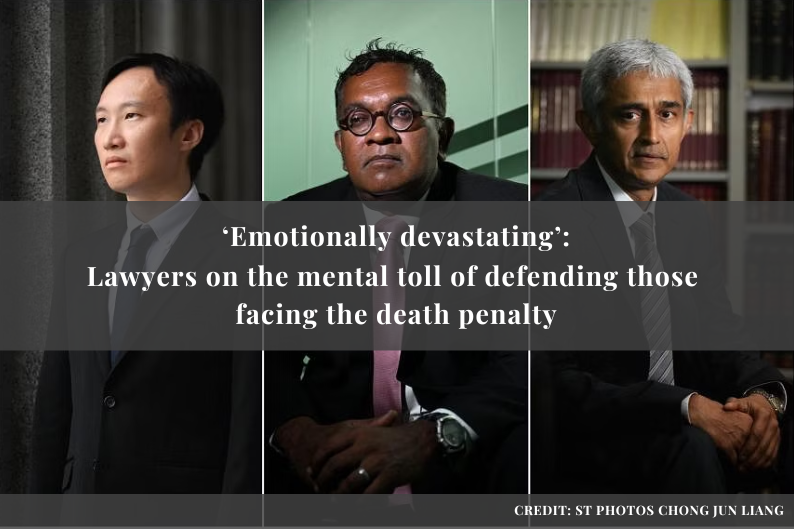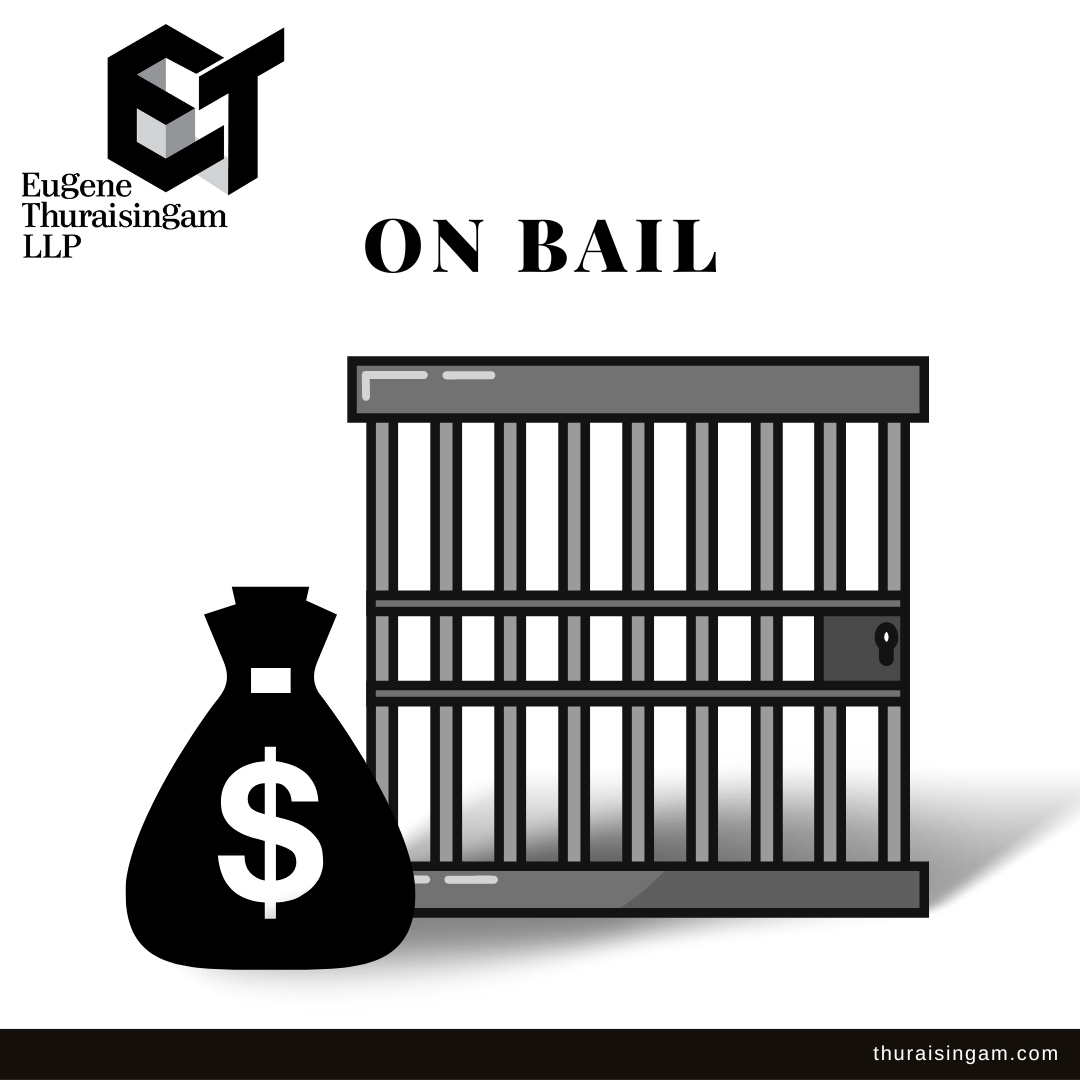How do the courts deal with accused persons with mental illnesses in Singapore?
Accused persons with mental illnesses in Singapore
1. Introduction
According to Singapore Prison Service, 1 in 10 prisoners have mental disorders such as insomnia, adjustment disorder and depressive episodes.
2. Comments by Criminal Defence Lawyers in Singapore
The most common mental illness encountered by the criminal defence lawyers among accused persons is depression.
Sunil Sudheesan told CNA: “The core of depression is that it results in a person behaving in a way which they would not normally behave because you can’t deal with your problems and therefore your ability to control your reactions sometimes is affected significantly.”
Our Eugene Thuraisingam commented, “Severe or moderate depression can impair a person’s judgment and become a mitigating factor in sentencing.”
Shashi Nathan said, “Ultimately, there is also the issue of whether the mental illness has any causal link to the offence. For many persons, the mental illness is merely a condition which may not have a determining effect on the criminal act.”
3. Accused persons with mental illnesses in prison
A team of psychiatrists and medical officers provide treatment for their conditions while being incarcerated.
A senior consultant with the Institute of Mental Health, Dr Christopher Cheok said “Patients are assessed, given medication as needed and provided with psychotherapy and occupational therapy. The only difference is that they are seen in a secure setting.”
A spokesman from the Ministry of Law added, “While the law accords the same rights to people with mental illnesses as any other person, there are special provisions for those whom the court finds unfit to plead because they are of unsound mind.”
4. Accused persons with mental illnesses in court
Singapore’s community court was set up to deal with special cases including offenders with mental illness. It has a problem-solving approach and focuses on rehabilitation. It can impose a Mandatory Treatment Order (“MTO”) for up to three years. A Mandatory Treatment Order directs an offender suffering from mental illness to undergo psychiatric treatment as an alternative to imprisonment. MTO can now be imposed on offenders convicted of a prescribed list of more serious offences.
5. Eugene comments on CNA
Our Criminal Defence lawyer, Eugene added “Mental illness can come into play at two other stages in the court process, with the first in considering some defences in certain types of crime. For example, having a mental condition could allow a person accused of murder to argue for the defence of diminished responsibility. The second is in sentencing, where the courts could give a reduced punishment if an accused person’s mental illness is shown to have played a part in his commission of the offence.”
This does not mean that just because an accused person suffers from mental illness, the offender will get a reduced sentence or a community-based sentence. Not all mental illnesses are given weight as a mitigating factor.
Eugene further explained, “An accused person suffering from paedophilic disorder may not succeed in using that in mitigation. It’s not the type of offence which affects your judgment. A paedophile is predisposed in a particular way but there’s nothing affecting his judgment as to whether to do something right or wrong. It must in a way affect your ability to resist (committing the crime). It is different for someone with impulse control (disorders) which affects his judgment on whether to do something or not.”
How do the courts deal with accused persons with mental illnesses? Click on the link below to find out what Eugene Thuraisingam told Channel Newsasia.







